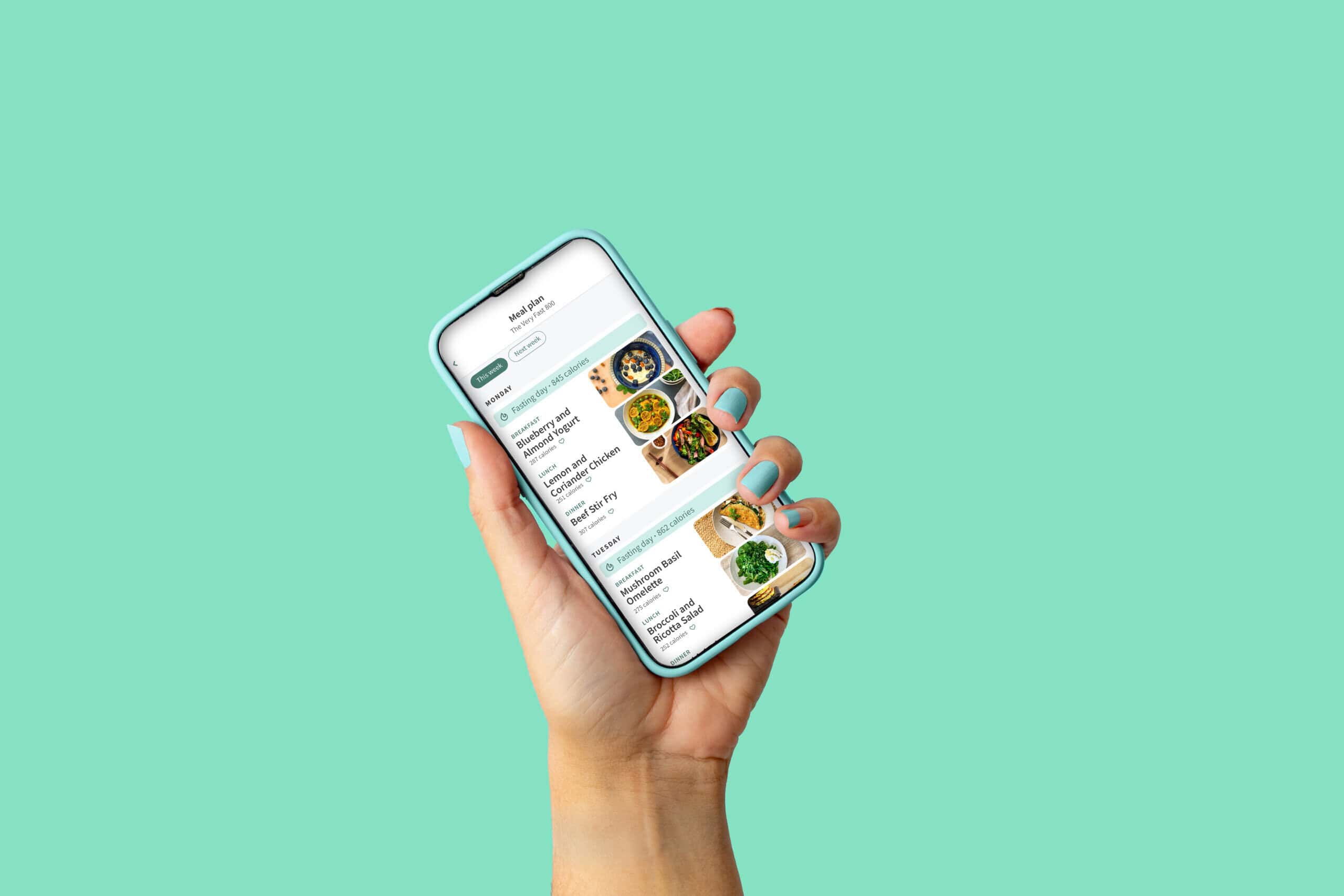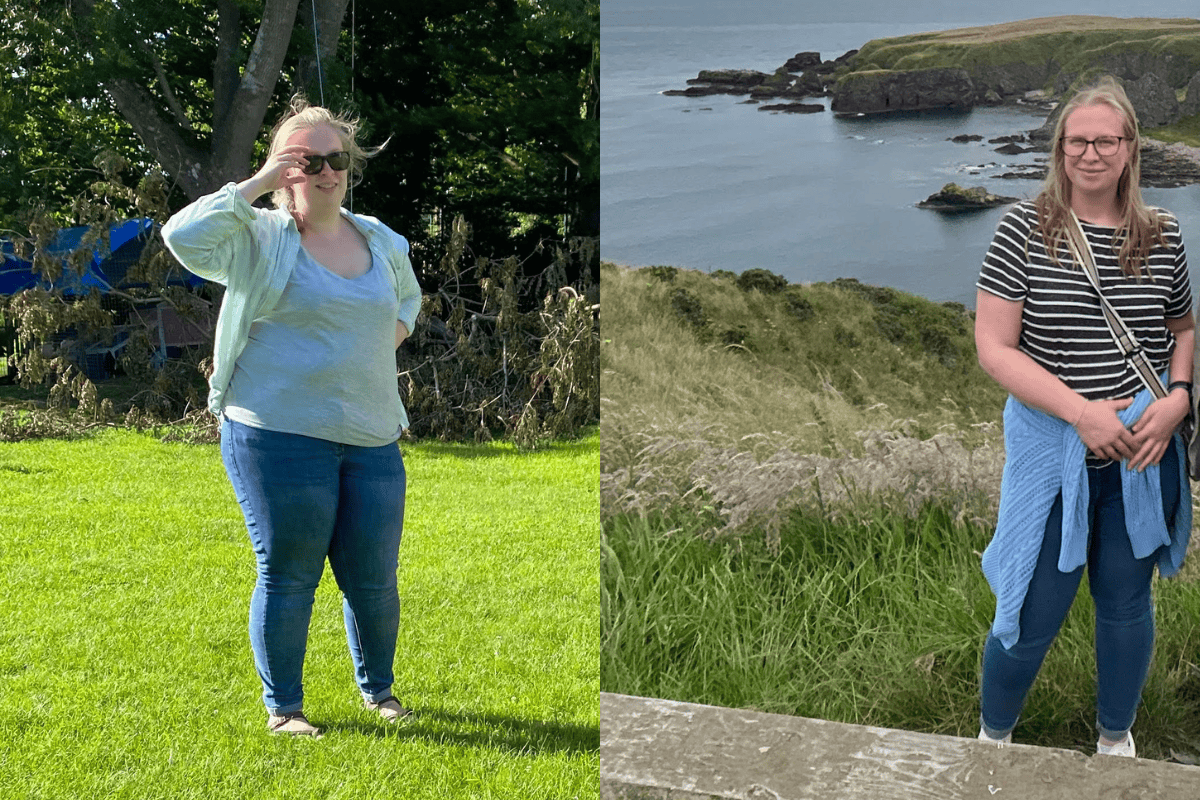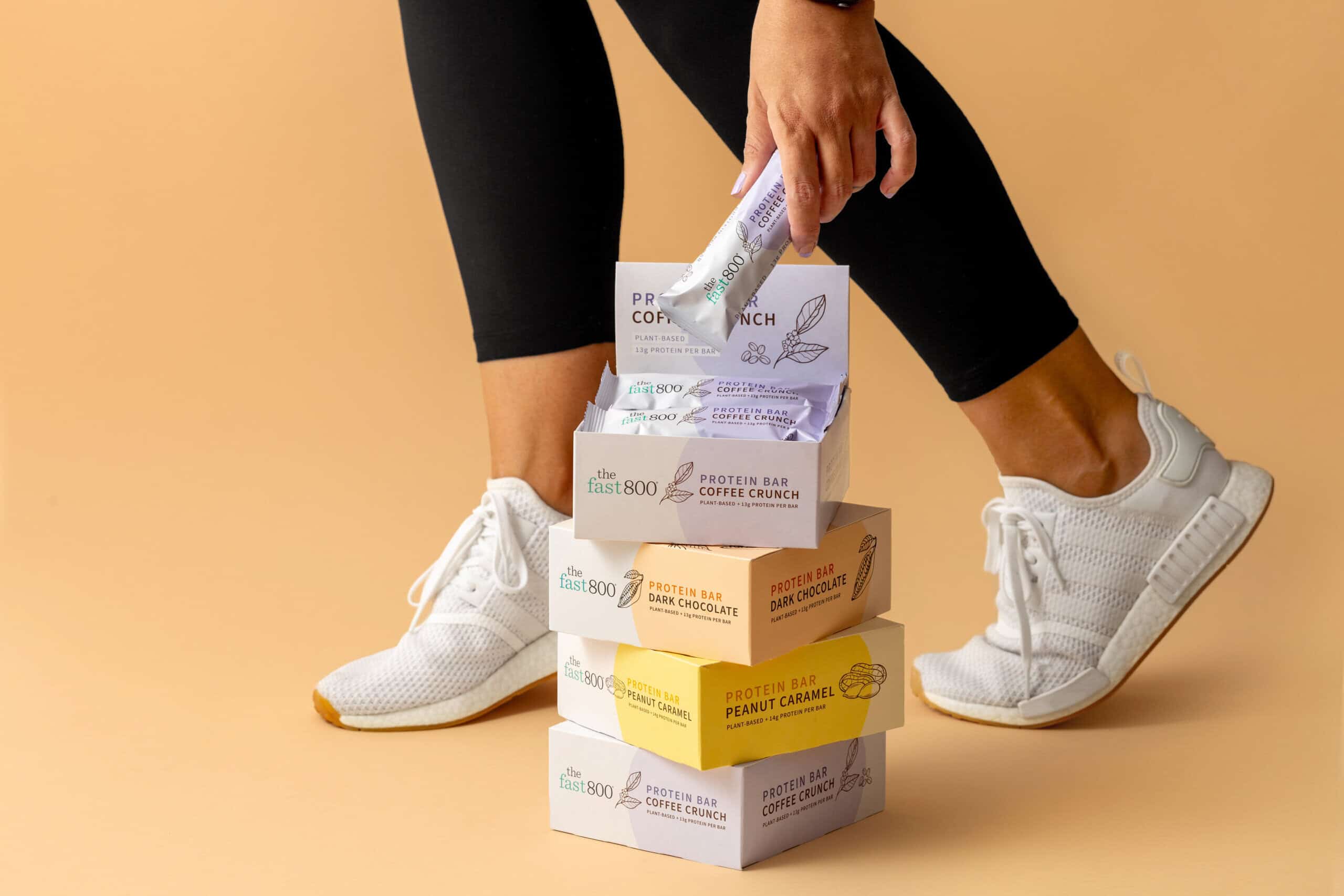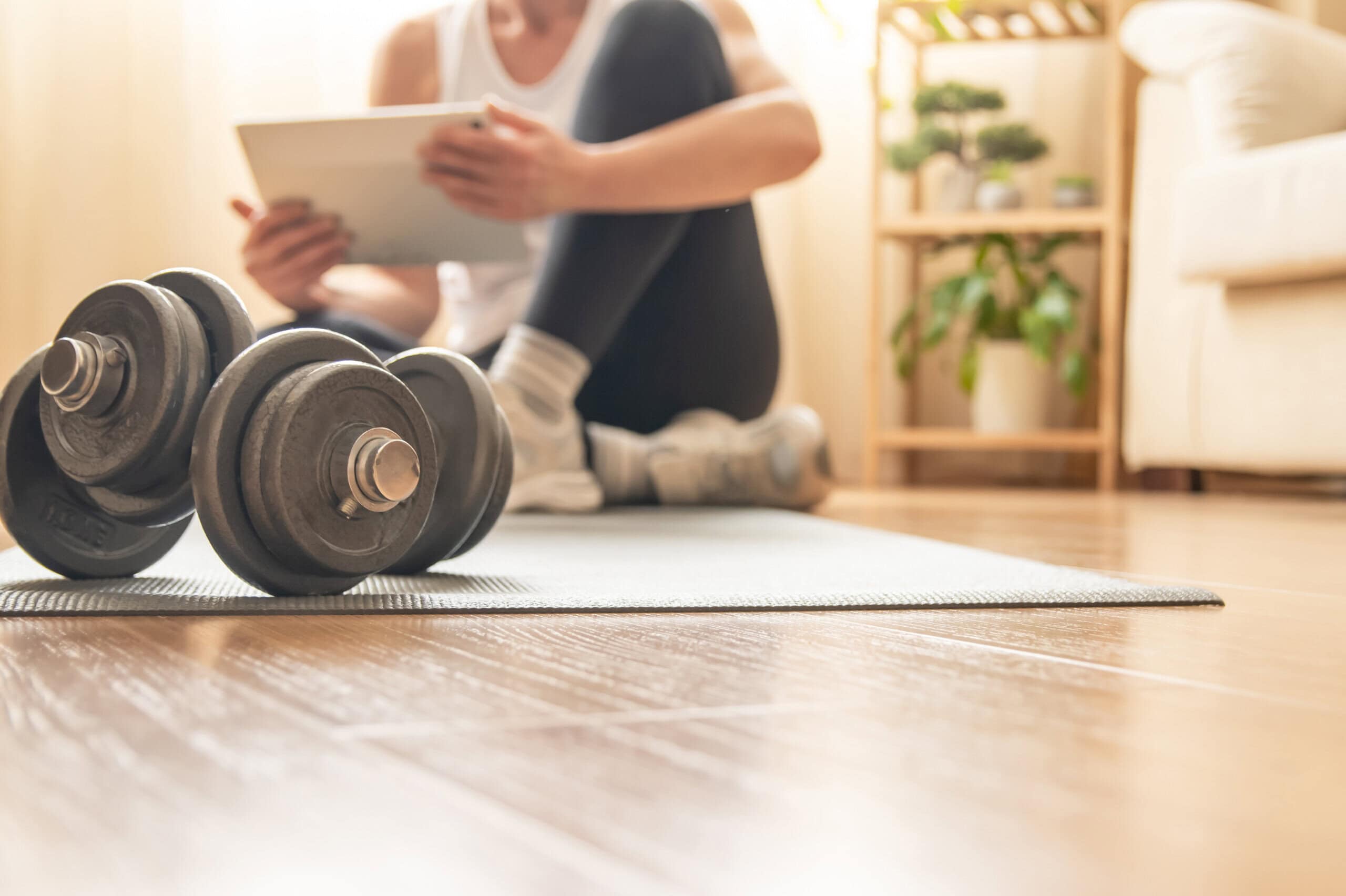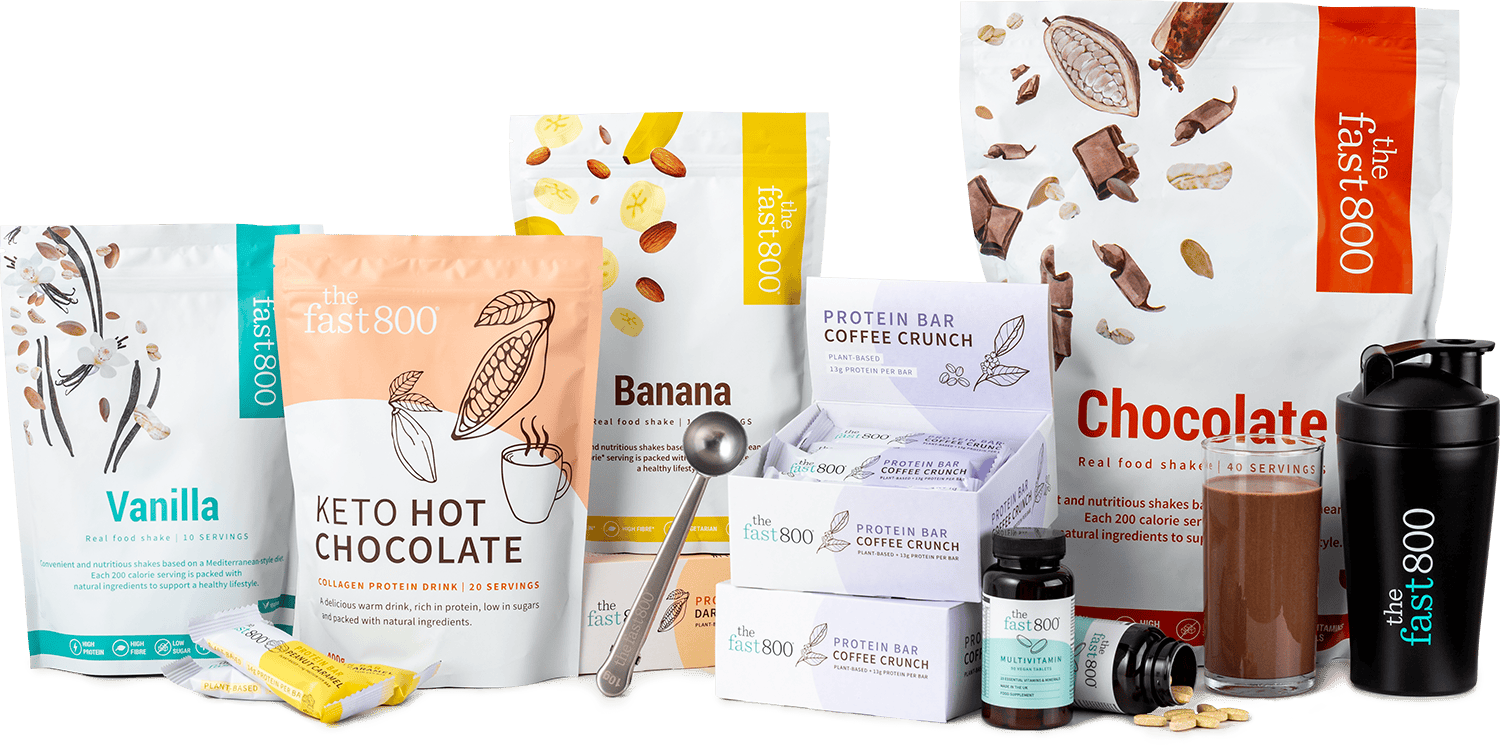How To Sleep Better: 5 Quick Tips!
Do you wake in the morning feeling groggy and desperate for a few more hours of rest? Or struggle to make it through that afternoon meeting without your eyelids drooping? You’re not the only one, so it’s likely time to turn your attention towards how to sleep better.
Sleep plays an essential role in your overall health; it improves brain performance, mood, blood pressure, weight management, and physical health. However, despite its importance, studies have found that sleep deprivation is affecting the majority of us, with so many adults not getting the recommended seven to nine hours of sleep per night, and over a third of us attributing mental or physical problems to lack of rest at night.1 It’s time to make a change, so read on to learn our top tips for how to sleep better.
Top five tips for how to sleep better
Eat a Mediterranean-style diet
A Mediterranean-style diet comes with outstanding health benefits, including improving sleep quality. Studies show that adults with higher adherence to a Mediterranean diet have much lower odds of having poor sleep quality and short sleep duration.2 Additionally, many of the staple foods in a Mediterranean diet are known to aid sleep, such as nuts and seeds which are high in magnesium (often referred to as the ‘sleep mineral’), oily fish, which is high in omega 3-fatty acids that increases sleep hormone levels, and green veggies which aid the production of melatonin. If you’re new to cooking with Med-style ingredients, our Programme has over 700 recipes to discover with balanced weekly meal plans, developed by our nutritionist, to help you reach your goals.
Are you looking for more support on your weight loss journey? The Fast 800 Programme is a personal trainer, a nutritionist, a support network and more to help you lose weight and keep it off. Learn more and get started today with a 7-day free trial.
7-DAY FREE TRIAL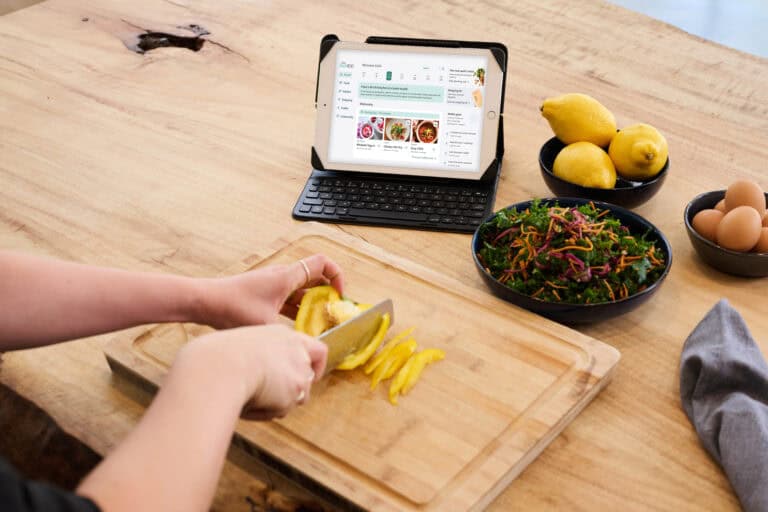
Take amino acid supplements
Some amino acids, like tryptophan or glycine, can help with feelings of relaxation, ultimately improving quality of sleep. This is why we chose to include amino acids in our tasty new Sleep Blend drink, currently available in Australia and New Zealand. The Fast 800 Nutritionist and Recipe Developer, Gabi, explains: “Glycine has been shown to reduce brain fog, promoting feelings of clear-headedness the next morning and helping people fall asleep more quickly. Tryptophan is a precursor to our neurotransmitter ‘serotonin’; this then converts to ‘melatonin’ (the sleep hormone) when the time is right. Having enough serotonin is crucial to a good night’s sleep.” Trying a product like our Sleep Blend is an excellent way to start embracing supplements as a method for how to sleep better.
Try time-restricted eating (TRE)
Time restricted eating can do wonders for your sleep. One reason is that your body temperature naturally drops before bedtime, which signals to the body it should be ready for sleep. If you eat too close to bedtime, the increased digestive activity will raise your body’s temperature to the point of being too high to receive those signals, and therefore delay the point at which you get sleepy. Not only this, but some studies have also found that TRE can help improve sleep apnea, and therefore sleep quality.3 So, aim to finish your final meal of the day at least three hours before you go to bed, and then try fasting for 12, 14 or 16 hours before your next meal to help support your circadian rhythm if you’re aiming to really focus on how to sleep better. Thankfully our Sleep Blend is fasting-friendly so you can still get that boost of nutrients that support good sleep, even when fasting.
Optimise your bedroom
Setting your environment up for sleep is one of the first steps you can take when thinking about how to get better sleep. Try making your bedroom a screen-free space by removing the TV and keeping your phone out of arm’s reach; studies clearly indicate a correlation between screen time and delayed sleep, as the stimulation and light exposure disrupts the surge of melatonin needed for sleep.4 Similarly, steer clear of bright lights at night by using black-out blinds, eye masks and dim lamps to prepare your brain for a good night’s sleep. For those who share beds with snorers, you may want to start using earplugs to block out the sounds of noisy co-sleepers too! Or, send them this useful article on How To Stop Snoring.
Diversify your gut microbiome
Eating plenty of fibre and pre and probiotics supports diversity of your gut microbiome which in turn supports good sleep. Don’t just take our word for it: one 2019 study found a clear correlation between having a diverse microbiome and having better sleep.5 Nutritionist Gabi says, “We know that more than 70% of our serotonin is formed in our gut, and as it converts to melatonin it helps us fall asleep and stay asleep. So it’s crucial that our microbiome is functioning optimally to create this serotonin.”
If you’re one of the many who suffers from sleep deprivation, there are some clear steps you can take to start tackling the issue and focus on how to get better sleep. Plus, be one of the first to try our new Sleep Blend drink before they sell out, currently available in Australia and New Zealand. They’re convenient enough to make on the sleepiest of evenings; simply add to water and enjoy hot or cold in a delicious lemon flavour. Sweet dreams!
Mohammadi, S., Lotfi, K., Mokhtari, E. et al. Association between Mediterranean dietary pattern with sleep duration, sleep quality and brain derived neurotrophic factor (BDNF) in Iranian adults. Sci Rep 13, 13493 (2023). https://doi.org/10.1038/s41598-023-40625-4
Kim H, Jang BJ, Jung AR, Kim J, Ju HJ, Kim YI. The Impact of Time-Restricted Diet on Sleep and Metabolism in Obese Volunteers. Medicina (Kaunas). 2020 Oct 14;56(10):540. doi: 10.3390/medicina56100540. PMID: 33066554; PMCID: PMC7602198.
Hale L, Guan S. Screen time and sleep among school-aged children and adolescents: a systematic literature review. Sleep Med Rev. 2015;21:50–58. doi: 10.1016/j.smrv.2014.07.007.
Smith RP, Easson C, Lyle SM, Kapoor R, Donnelly CP, Davidson EJ, Parikh E, Lopez JV, Tartar JL. Gut microbiome diversity is associated with sleep physiology in humans. PLoS One. 2019 Oct 7;14(10):e0222394. doi: 10.1371/journal.pone.0222394. PMID: 31589627; PMCID: PMC6779243.






